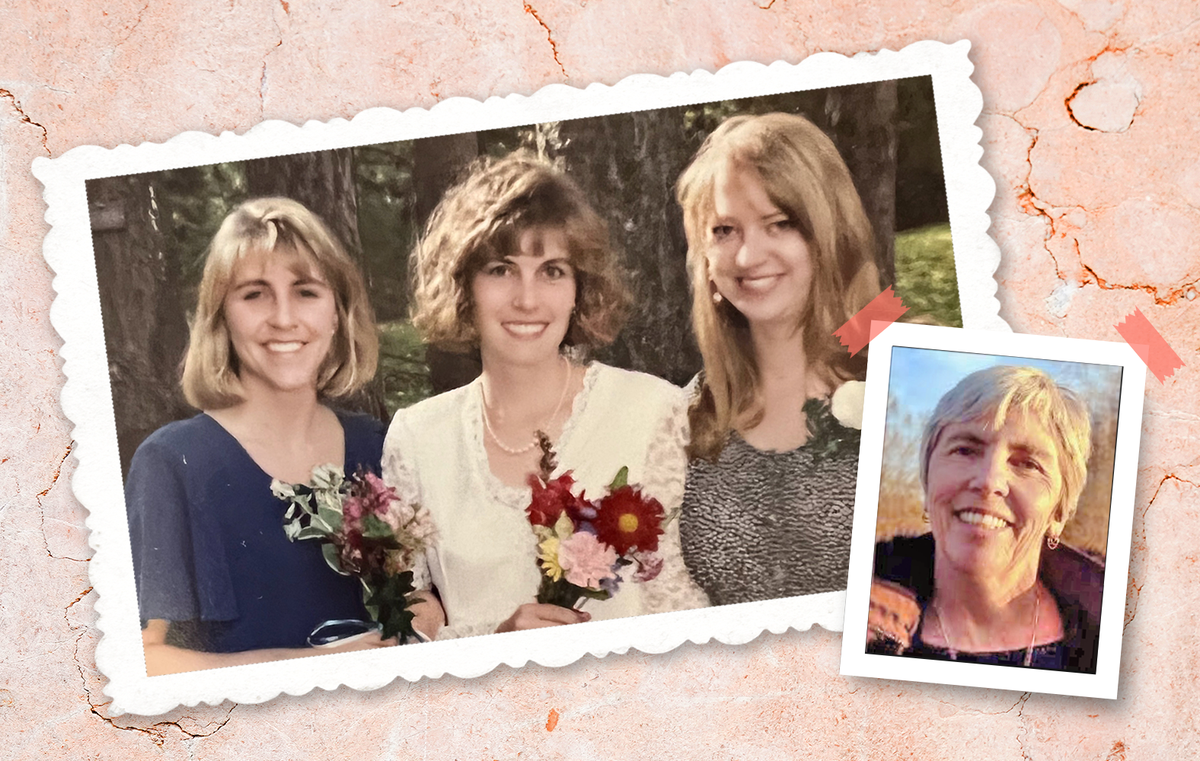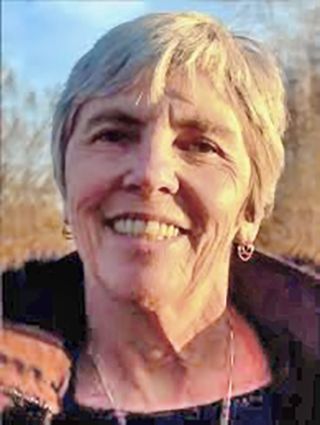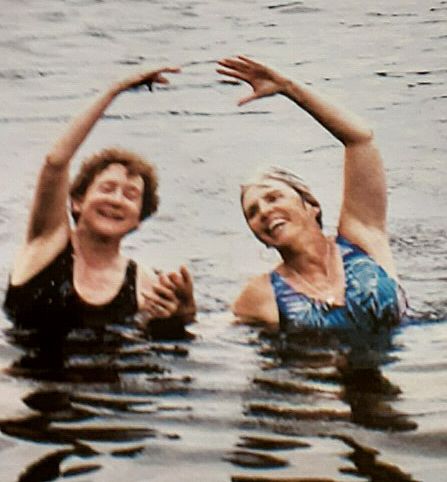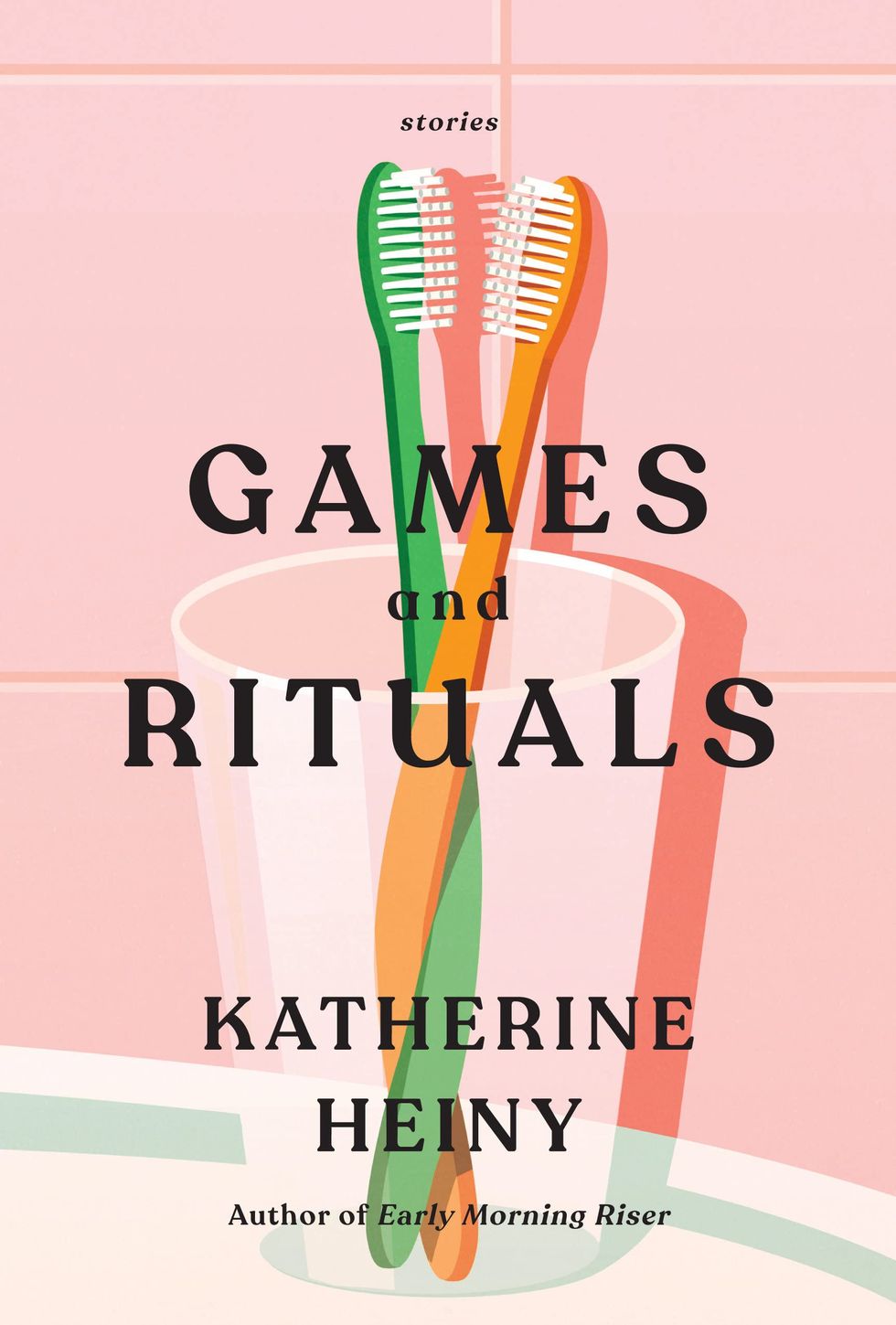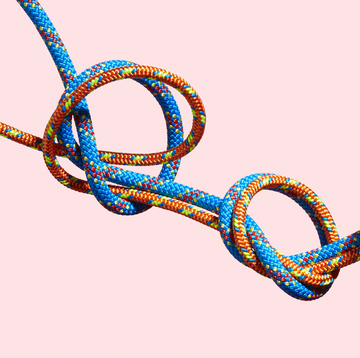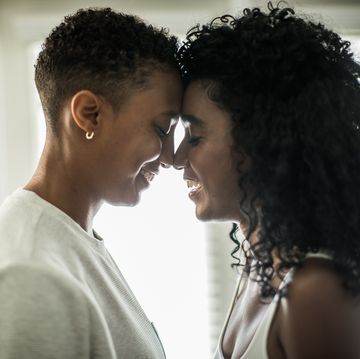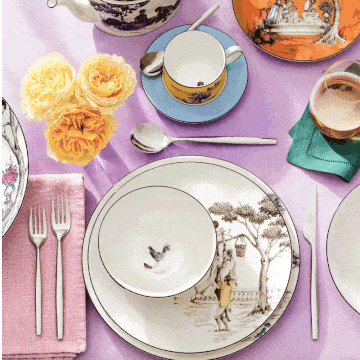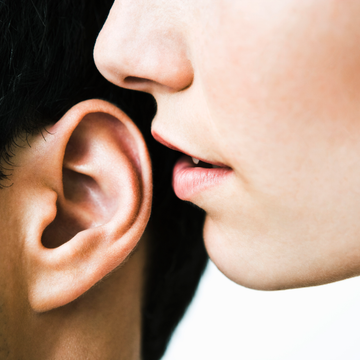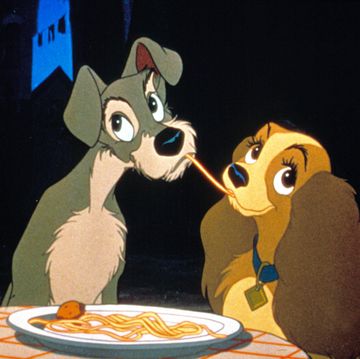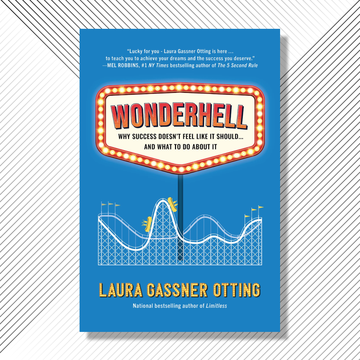My two best friends are sisters; a rarity. Even rarer, our fathers were best friends, and our mothers, too. It’s like when identical twins marry identical twins and have children who are genetically siblings, except we are emotionally siblings, emotionally sisters. Their parents were my emotional parents—I’ve called them Little Mama and Big Daddy all my life.
When Little Mama died last November, I got the call while sitting in my car in a parking garage. I was hundreds of miles away, surrounded by gray asphalt and reinforced concrete, but I thought I heard the whoosh of Little Mama’s soul departing. Fly fast and high, Little Mama! I thought. We’ll catch up.
Her death was not a surprise; Little Mama was 84 and suffered from progressive supranuclear palsy, a Parkinson’s-like neurodegenerative disease. The once vibrant, spirited woman I had known had become nearly bedridden, and her quality of life had shrunk down to a pinpoint. In the days following her death, I felt her loss keenly over and over: I would never show her photos of my children again; she would never make buckeye candies again (and other people’s buckeyes are all inferior); unbelievably, Christmas would happen without her. It was like running my hand along a previously smooth shelf and getting a painful splinter a dozen times a day.
More From Oprah Daily

My best friends asked me if I would write and deliver the eulogy at Little Mama’s memorial, and I agreed. I sat at my desk, and the sharp corners of my grief softened a little. A professional writer’s uniform is invisible, but it’s real, and like all uniforms, it signals to the wearer that work has begun. When I sit at my desk, it’s as though a mantle rests on my shoulders and for as long as I wear that cloak, nothing can intrude—no workaday problems, no sorrowful thoughts, no longing for loved ones.
I had written about Little Mama often in my fiction. She was the character who tucked a paper cup of ice in her purse to throw away later and then when someone asked her for an aspirin, was able to supply two and a cup of water. She was the character who keeps a bottle of Bailey’s Irish Cream and some pretty liqueur glasses out during December and has a drink whenever she passes by. (“Whenever you pass by!” one of my best friends said. “Aren’t you shitfaced by noon?” That’s in the story, too.) She was the extroverted character who has a long talk in the ER with a man who turned out to have had a stroke and could only communicate by blinking. (Little Mama didn’t actually do that, but she was definitely capable of it.) But when you create a character, you build outward from a glimmer of insight; when you write a eulogy, you have to somehow distill a real and complex person down to their essence.
How to describe the real person? Well, to start with, she was born and raised in South Carolina, and she retained a gentle drawl all her life. She was all the things Southern people are famous for: gracious, welcoming, kind, charitable. She was truly, endlessly interested in everyone. She was always fully present, fully mindful before mindfulness was even a thing, and she exuded a kind of magic that was way beyond ordinary charm, Southern or otherwise.
She never hurried a conversation or rushed a cup of coffee or ignored a visitor. I had never once seen her nervous or flustered about cooking or entertaining—and I had eaten countless delicious meals at her house. When Little Mama went into labor with their first child, she didn’t go to the hospital until she had baked brownies for Big Daddy to eat later. Big Daddy was golfing and met Little Mama at the hospital, where he held her hand and broke down his golf game for her swing by swing to distract her from the pain. (The most amazing part of that story to me is that Little Mama said she found it pleasantly diverting.)
I sent an email to Little Mama’s family and friends, asking them to share their memories with me. People wrote back, raving about how delicious Little Mama’s scrambled eggs were—and even more important, how she would stay up late or get up early to fix them for late-night arrivals and or early-morning departures. Her niece remembered how Little Mama and Big Daddy drove hours on multiple occasions to watch her high school and college basketball games, and said she always seemed to play better when Little Mama was there. Her son-in-law remembered that once on a road trip, she sang all the words to the J. Geils Band’s “Centerfold.” I realized that whether it was a basketball game or early-morning scrambled eggs or a road trip, many people had spent some of the happiest moments of their lives in Little Mama’s presence.
But the thing most people seemed to remember most about Little Mama was her willingness to spend time with them. One after another, family members wrote to me: She stayed out late to ride the waves with me after everyone else had gone into supper… She arranged an impromptu summer camp at her house… She went down the slide with me when I was too scared… She helped me build sandcastles… She and I rolled down the hill behind our house… She helped me pack for college… She played golf at sunset with me… She showed me how to burp a baby… She taught me how to talk to toddlers…
Most people know how to make other people happy—they just don’t always do it. For instance, I know it would make my sons happy if I played Assassin’s Creed on the PS5 with them, but I’d rather spend my free time watching TikTok recipes of food I will never, ever cook. It would make my husband happy if I stopped asking him to do impersonations all the time, but I don’t because my husband is very funny. It would probably make a woman I went to high school with happy if I liked a single one of her Facebook posts, but I don’t because she may not be able to hold a grudge for 30 years, but I certainly can. Little Mama was different. Little Mama knew how to make people happy and she did it, time and time again. And, I realized, surely that’s the definition of an extraordinary life.
At the memorial, I sat in the front row. When it was time for me to deliver the eulogy, the pastor introduced me to the congregation as a friend of the family. One of my best friends leaned over and whispered in my ear, “Family! Not friend of!” I squeezed her hand and stood up.
I’m not a good public speaker, especially for someone required to do quite a bit of it. I forget to look up, and I have a bad habit of editing my speech as I go along, of dropping words here and there in order to be done sooner. I get nervous sometimes, and my voice has a tendency to rise and waver—imagine Minnie Mouse with stage fright.
But that day my voice was low and clear, and my gaze remained on the audience instead of my notes. I could tell that they were listening to me, and responding. Some people were even nodding their heads in agreement, and everyone in the first few rows was crying. My words had achieved that most basic goal of all writing: engagement. Truly, it was like nothing before.
I finished and took my seat again, pleased but a little puzzled. Why couldn’t I always be like that? Why had today been so different? And then I realized: It was because of Little Mama. Little Mama was never nervous She spoke slowly and clearly. She charmed people by the churchful. I had been wrong that day in the parking garage when I thought I heard her soul departing. Little Mama was right here, right now. I had channeled her, and together we had spoken.
Afterward, everyone gathered in the vestibule, and we made plans to meet for lunch. I had accidentally left my coat in the seldom-used cloakroom, so I left the church by a different door than the others, unexpectedly finding myself alone. I stood on the steps outside, and the bitter January wind chilled my face and raked cold fingers through my hair. I thought Little Mama’s presence would fly off with the wind, that she would soar out over the churchyard, up above the snow-covered town and woods, racing toward the glowing line where the pale blue sky met the frozen land, and beyond. But I was wrong again. She stayed with me. She stayed with me all that day and the days that followed. She’s with me now.
Katherine Heiny is the author of the short story collection Single, Carefree, Mellow and the novels Standard Deviation and Early Morning Riser. Her newest story collection is Games and Rituals.
